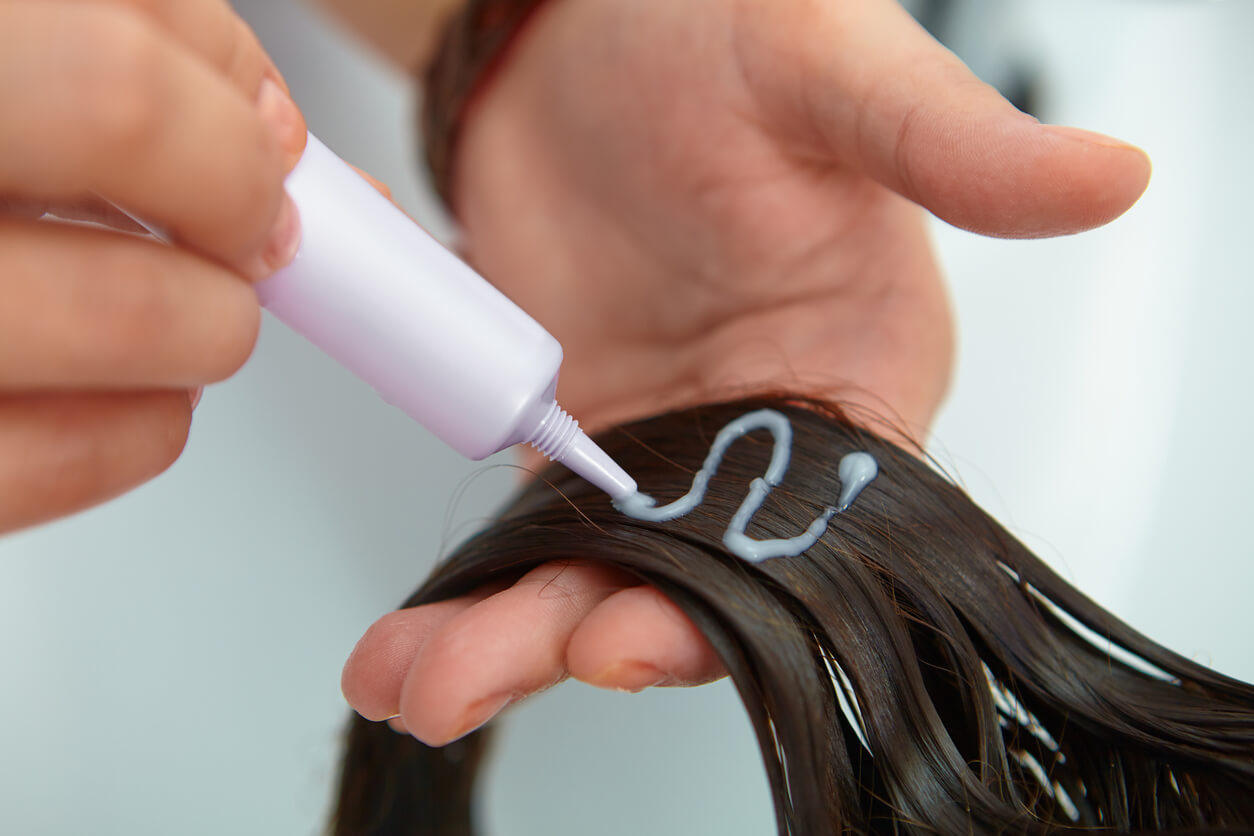Judge Lays Out New Bellwether Plan for Hair Relaxer Lawsuits
Editors carefully fact-check all Consumer Notice, LLC content for accuracy and quality.
Consumer Notice, LLC has a stringent fact-checking process. It starts with our strict sourcing guidelines.
We only gather information from credible sources. This includes peer-reviewed medical journals, reputable media outlets, government reports, court records and interviews with qualified experts.

After months of stalling and setbacks, a path forward has emerged in the hair relaxer multidistrict litigation (MDL), which centers on claims that strengthening products cause reproductive cancer.
The court has ordered both parties to identify a combined 40 cases that will move into bellwether discovery, meaning that some will eventually be chosen to serve as test trials.
Bellwether trials are a major step in litigations where many similar cases are filed. Instead of all of the thousands of pending lawsuits going through individual trials, a small group of cases are selected to go to trial.
The outcome of those trials helps to inform both sides of the direction of the litigation and can potentially lead to a settlement.
The MDL, which includes nearly 10,000 pending hair relaxer lawsuits, had seen little progress in recent months as plaintiffs and defendants continued to grapple over key issues.
Court documents stated that both parties spent months meeting in 2023 and still could not settle on a plan to move forward with bellwethers. Disputes continued throughout 2024 as well.
Now, the court has laid out a clear path forward. After 40 cases are selected, that group will be whittled down to up to 12 that will join the trial pool.
“This is not an opportunity for one side’s advocacy to win the day and put forward their strongest cases,” the judge overseeing the litigation wrote. “Instead the parties should aim to select and try representative cases.”
Hair Relaxer Lawsuits Claim Products Tied to Uterine Cancer
Thousands of hair relaxer lawsuits claim that certain products are tied to the development of uterine cancer and other serious health conditions.
Defendants include L’Oréal, Strength of Nature and SoftSheen Carson.
A National Institute of Health study published in 2022 found that chemicals commonly used in hair straighteners are associated with a higher risk of uterine cancer.
The study determined that more than 4% of women who frequently use hair relaxers develop uterine cancer by age 70, compared to just about 1.6% of women who have never used hair relaxers.
According to the American Cancer Society, nearly 70,000 new cases of uterine cancer will be diagnosed in 2025.